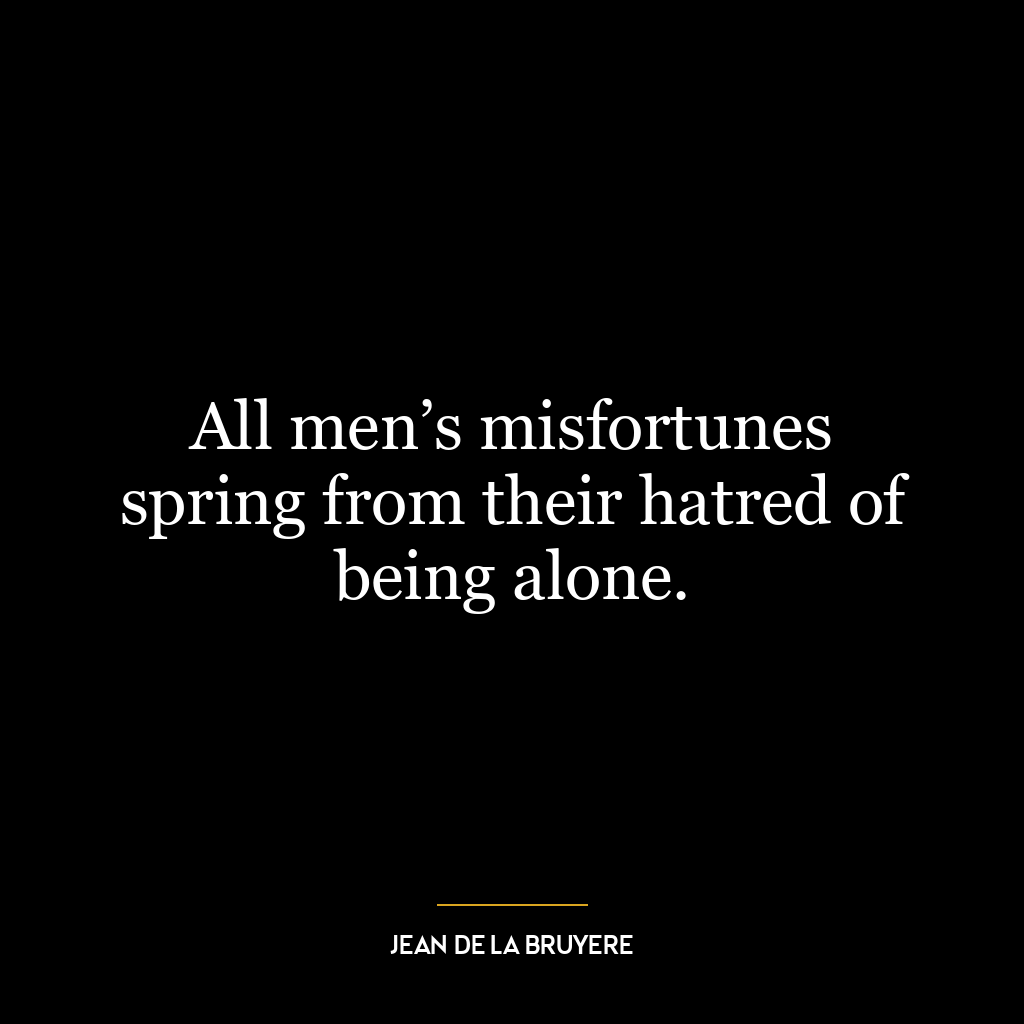Christopher Pearse Cranch Quotes
- Writer
- Massachusetts
- 1813 - 1892
Christopher Pearse Cranch (1813-1892) was an American writer, artist, and transcendentalist. He was born in Massachusetts and studied at Harvard University. Cranch was a close friend of Ralph Waldo Emerson and was heavily influenced by his philosophy. He is best known for his poetry, which often exp…Read More
Christopher Pearse Cranch (1813-1892) was an American writer, artist, and transcendentalist. He was born in Massachusetts and studied at Harvard University. Cranch was a close friend of Ralph Waldo Emerson and was heavily influenced by his philosophy. He is best known for his poetry, which often explored themes of nature, spirituality, and individualism. Some of his notable works include “The Bird and the Bell,” “Satan: A Libretto,” and “The Last of the Huggermuggers.” Cranch was also a talented painter and illustrator, and his artwork was featured in several publications. He was a key figure in the transcendentalist movement and his works continue to be studied and appreciated today.Read Less
Christopher Pearse Cranch (1813-1892) was an American writer, artist, and transcendentalist. He was born in Massachusetts and studied at Harvard University. Cranch was a close friend of Ralph Waldo Emerson and was heavily influenced by his philosophy. He is best known for his poetry, which often explored themes of nature, spirituality, and individualism. Some of his notable works include “The Bird and the Bell,” “Satan: A Libretto,” and “The Last of the Huggermuggers.” Cranch was also a talented painter and illustrator, and his artwork was featured in several publications. He was a key figure in the transcendentalist movement and his works continue to be studied and appreciated today.
Christopher Pearse Cranch Career Highlights
- Literary Career: Cranch began his literary career as a poet and essayist, publishing his first book of poems, “Ariel and Caliban,” in 1836. He went on to publish several other collections of poetry, including “The Bird and the Bell” (1847) and “Satan” (1867). He also wrote essays and reviews for various publications, including the Atlantic Monthly and the North American Review.
- Artist and Illustrator: Cranch was also a talented artist and illustrator. He studied under the renowned artist Washington Allston and became known for his landscape paintings and illustrations for books and magazines. He also designed book covers and illustrated works by other authors, including Henry David Thoreau’s “Walden.”
- Transcendentalist Movement: Cranch was a member of the Transcendentalist movement, a philosophical and literary movement that emphasized individualism, self-reliance, and the importance of nature. He was friends with prominent Transcendentalists such as Ralph Waldo Emerson and Henry David Thoreau and contributed to the movement through his writings and artwork.
Key Contributions by Christopher Pearse Cranch
- “The Bird and the Bell”: Cranch’s most significant contribution to literature was his book of poems, “The Bird and the Bell.” It was one of the first works of American literature to explore the themes of transcendentalism and was well-received by critics and readers alike.
- “The Last of the Huggermuggers”: Cranch’s children’s book, “The Last of the Huggermuggers,” was one of the first American books to use illustrations as a storytelling device. It was also one of the first books to feature a female protagonist, challenging traditional gender roles in children’s literature.
- “The Transcendentalist”: Cranch’s essay, “The Transcendentalist,” was published in the Dial, a Transcendentalist journal, in 1842. In this essay, he outlined the key principles of the Transcendentalist movement and its impact on American society.
What Sets Christopher Pearse Cranch Apart
- Multifaceted Talent: Cranch’s diverse talents as a writer, artist, and philosopher set him apart from his contemporaries. He was able to express his ideas and beliefs through various mediums, making him a unique and influential figure in the Transcendentalist movement.
- Progressive Views: Cranch’s progressive views on gender roles, education, and social reform were ahead of his time. He challenged traditional beliefs and advocated for equality and individualism, making him a pioneer in the American literary and philosophical landscape.
- Legacy: Despite being overshadowed by his more famous Transcendentalist friends, Cranch’s contributions to literature and art have stood the test of time. His works continue to be studied and appreciated by scholars and readers, cementing his legacy as a significant figure in American literature and philosophy.
Takeaways
- Cranch’s multifaceted talents and progressive views make him a unique and influential figure in American literature and philosophy.
- His contributions to the Transcendentalist movement through his writings and artwork have had a lasting impact on American society.
- Cranch’s legacy continues to be celebrated and studied, highlighting the enduring relevance of his ideas and beliefs.






